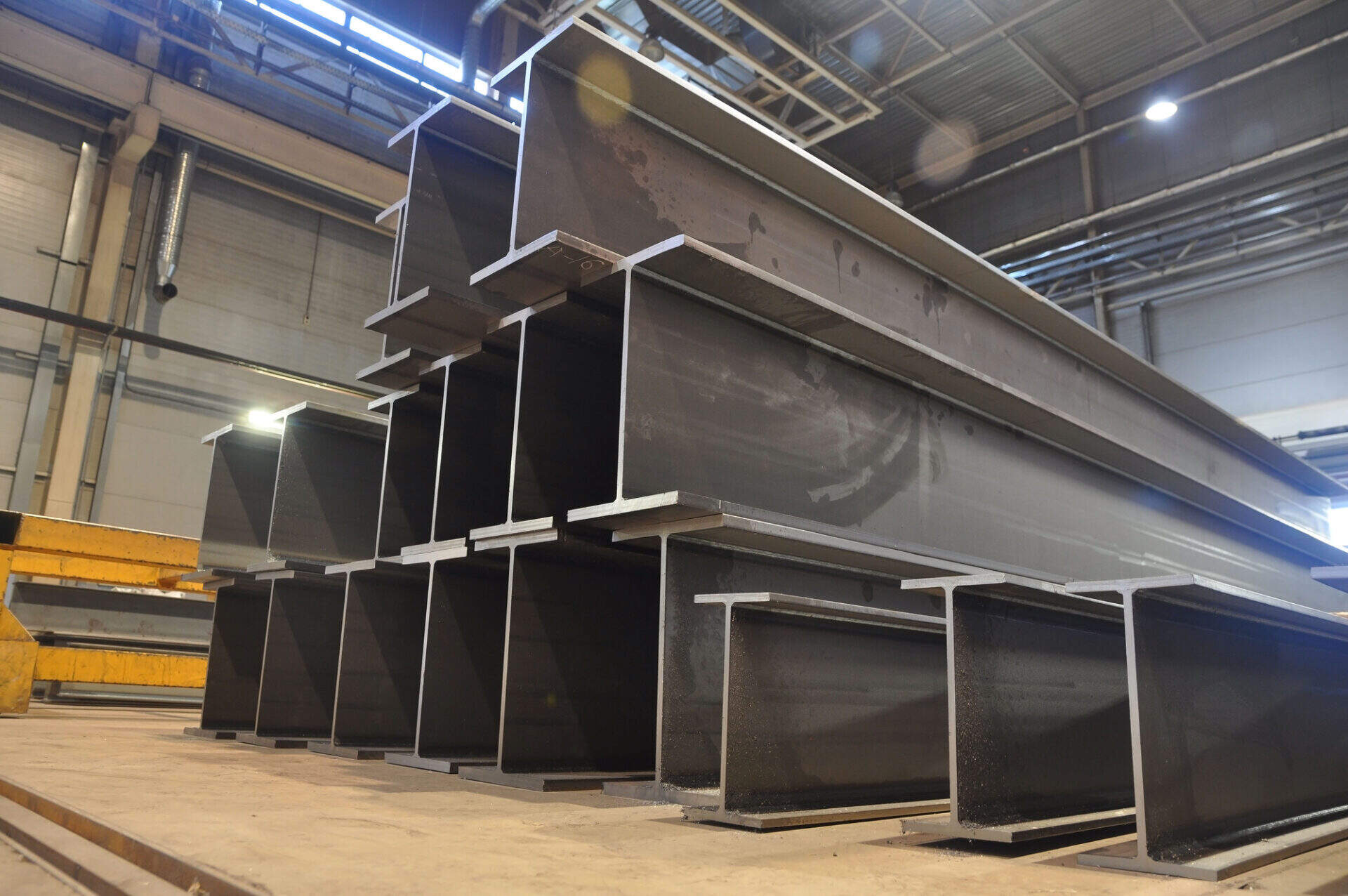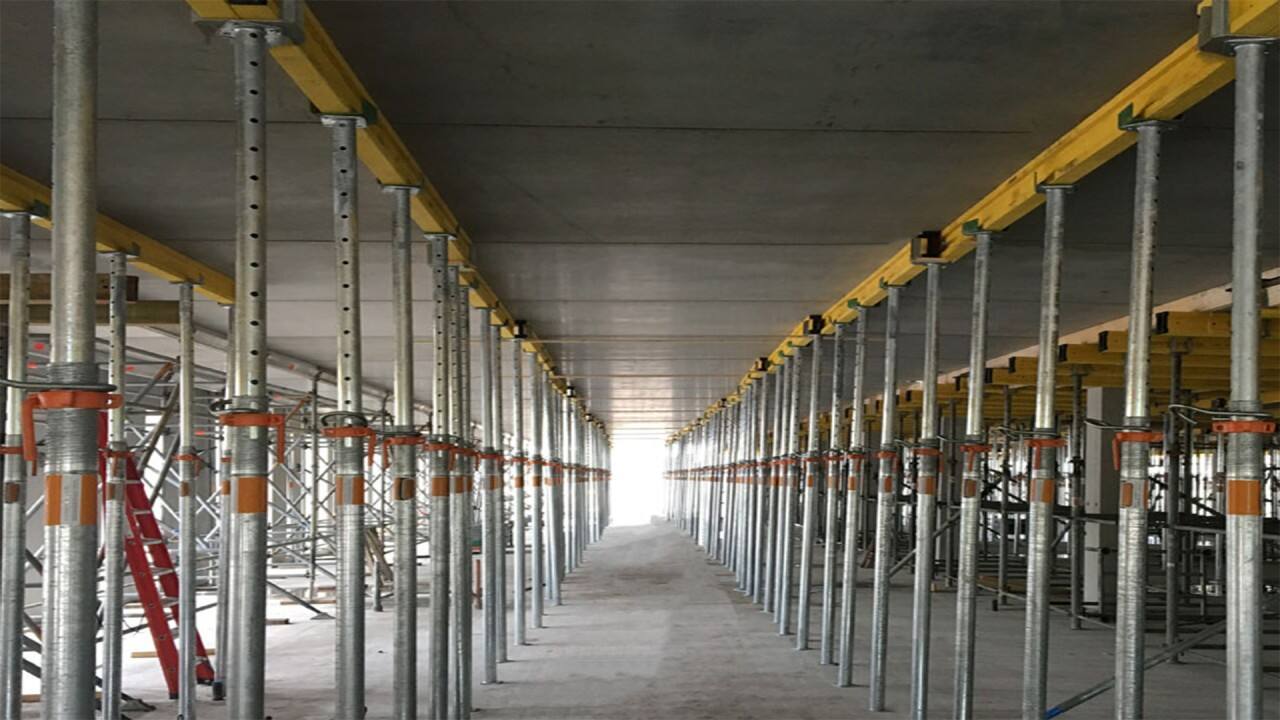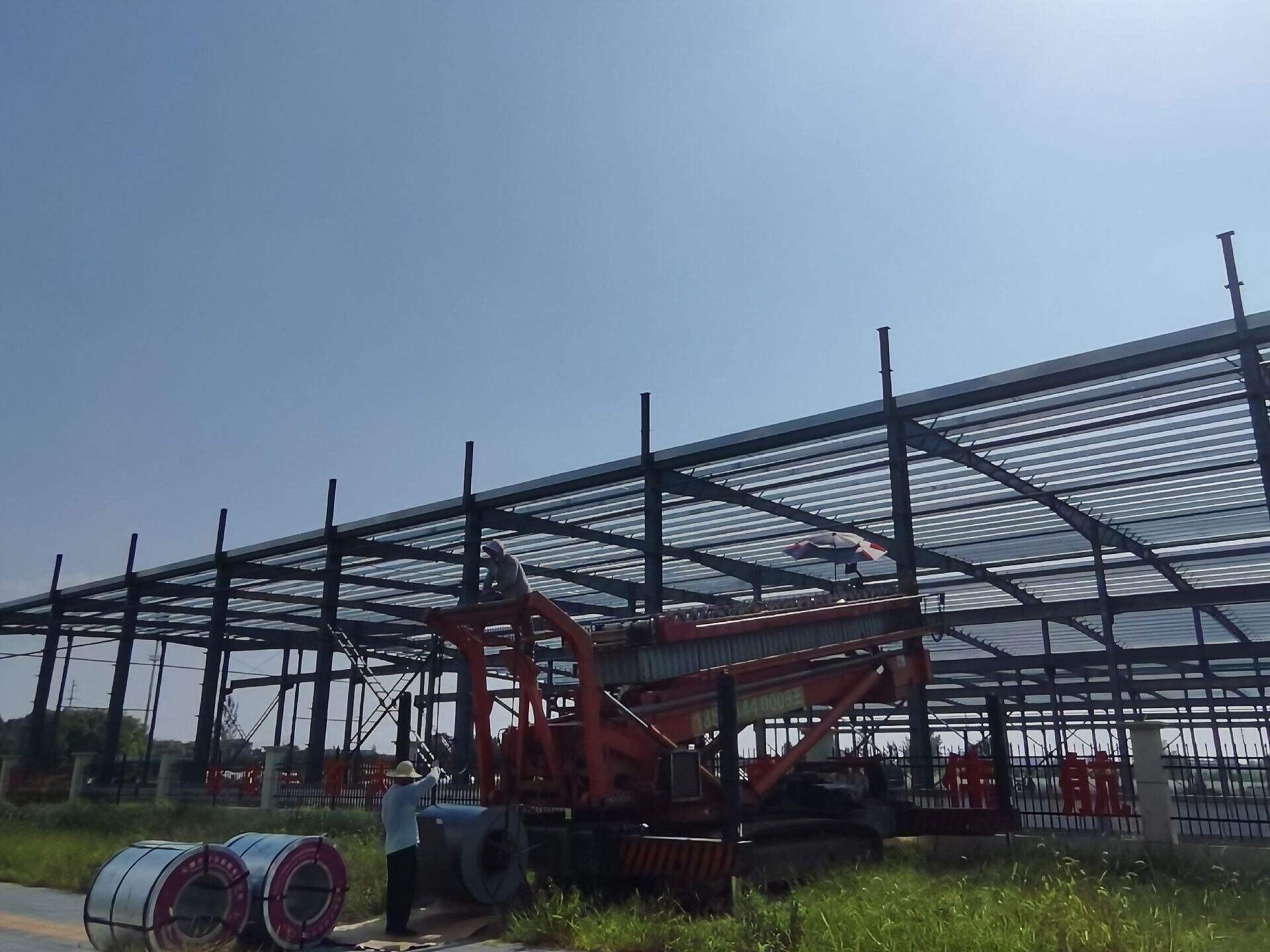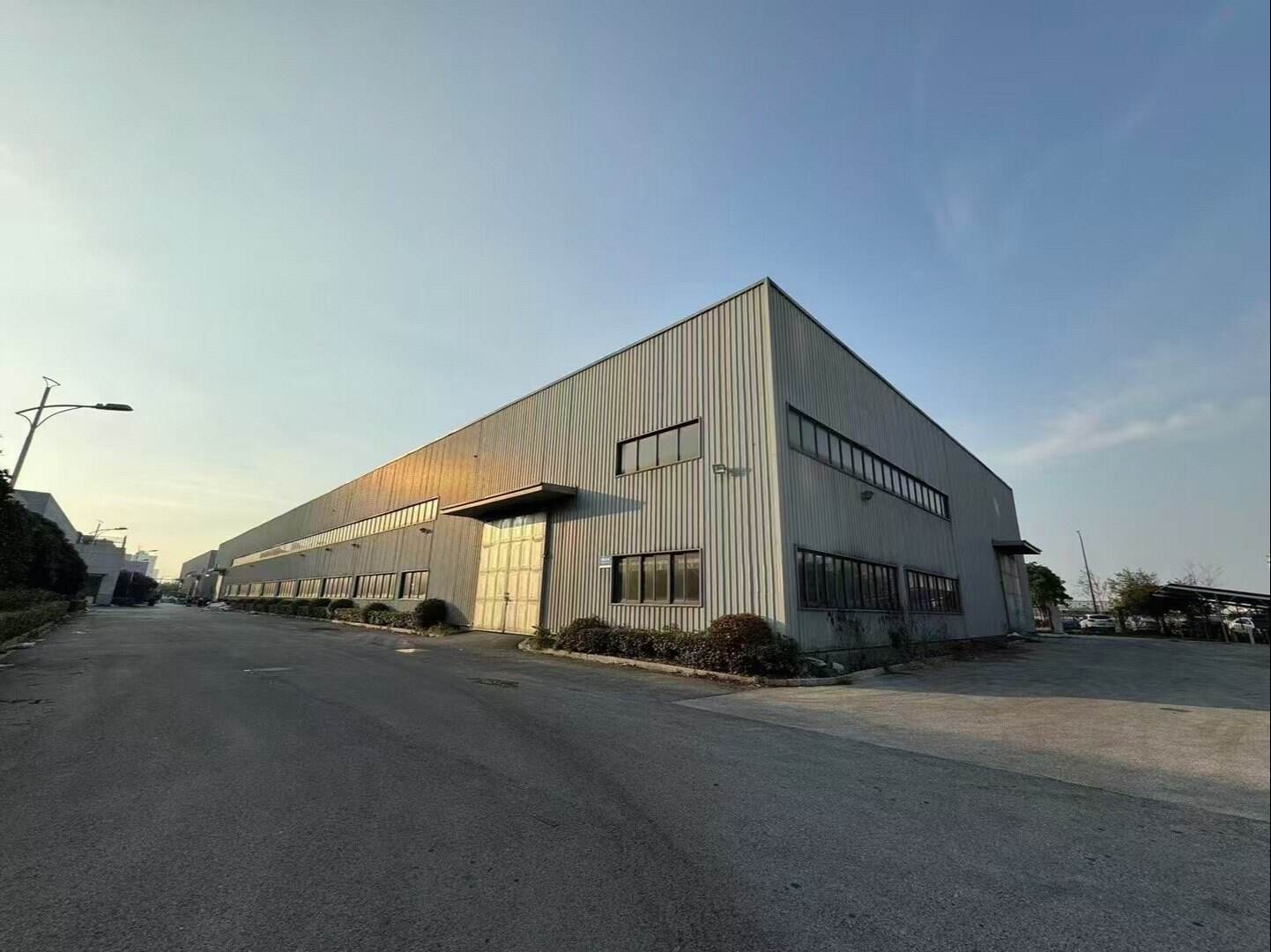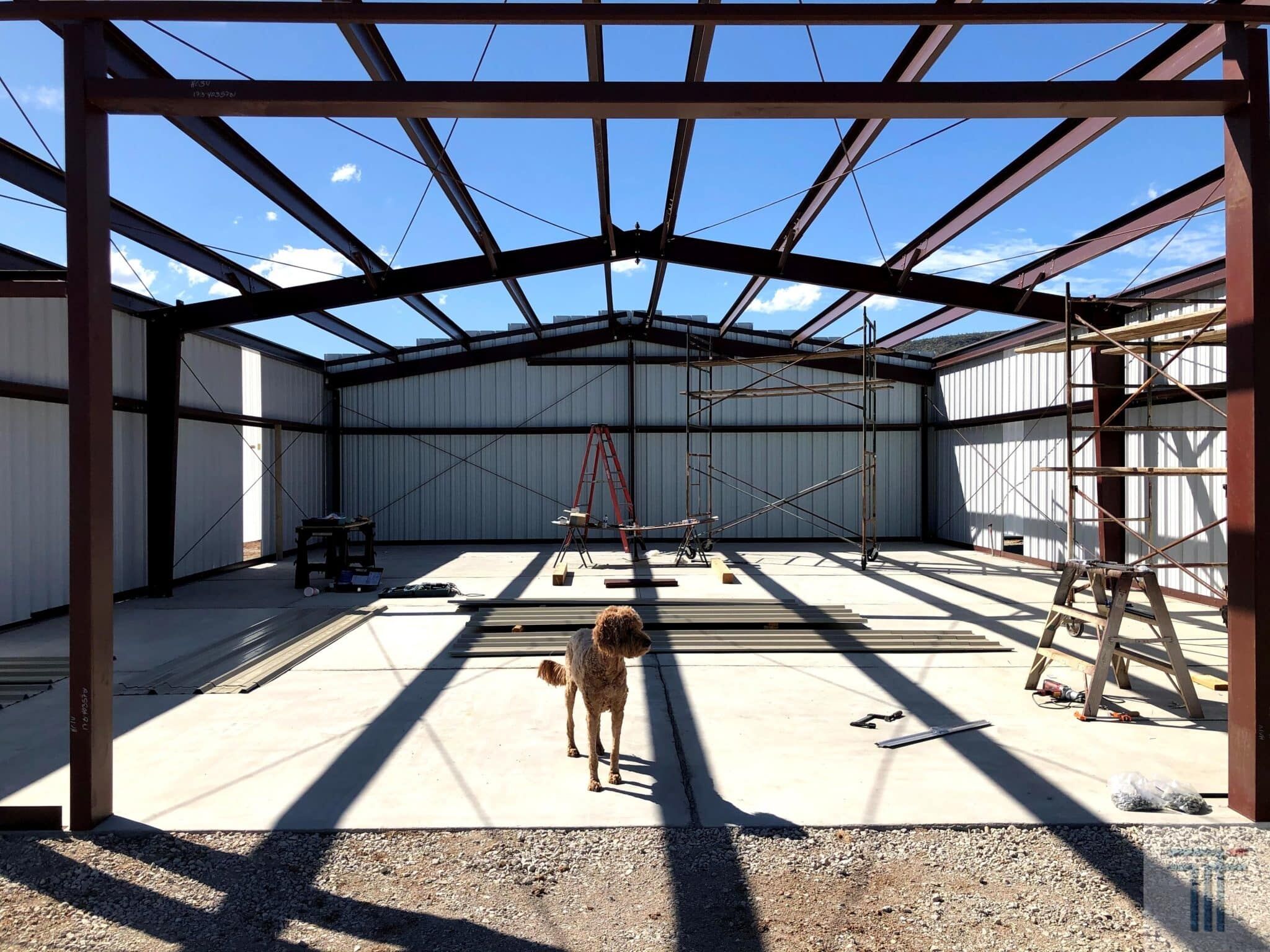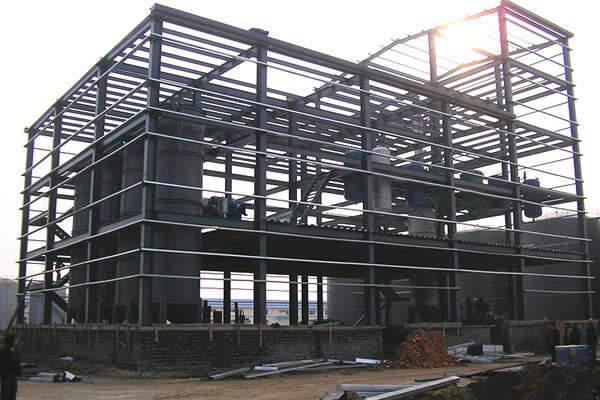modular steel construction
Modular steel construction represents a revolutionary approach to building that combines precision engineering with efficient assembly methods. This innovative construction technique involves manufacturing pre-engineered steel components in controlled factory environments, which are then transported to construction sites for rapid assembly. The system incorporates advanced structural steel elements, precisely designed connection points, and standardized components that work together seamlessly. These modules can range from basic structural frames to complete building sections, including walls, floors, and roof systems. The technology employs sophisticated 3D modeling and Building Information Modeling (BIM) to ensure perfect fit and alignment of all components. Modern modular steel construction integrates cutting-edge materials science with automated manufacturing processes, resulting in components that meet strict quality control standards. The applications span across various sectors, including commercial buildings, industrial facilities, healthcare structures, and educational institutions. The system's versatility allows for both temporary and permanent installations, with the ability to modify or expand structures as needs change. This construction method has proven particularly valuable in urban environments where minimizing construction time and site disruption is crucial.





